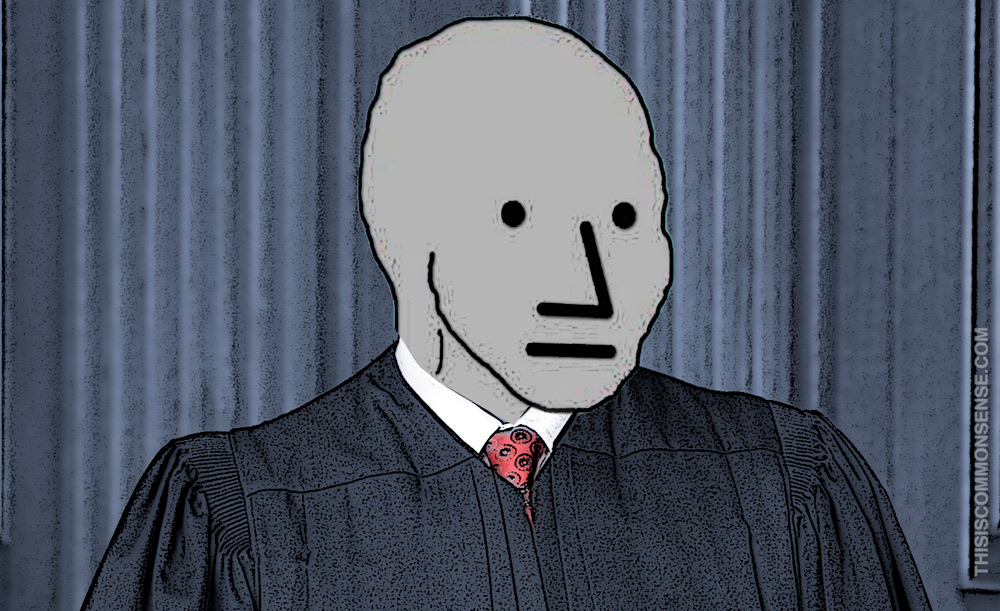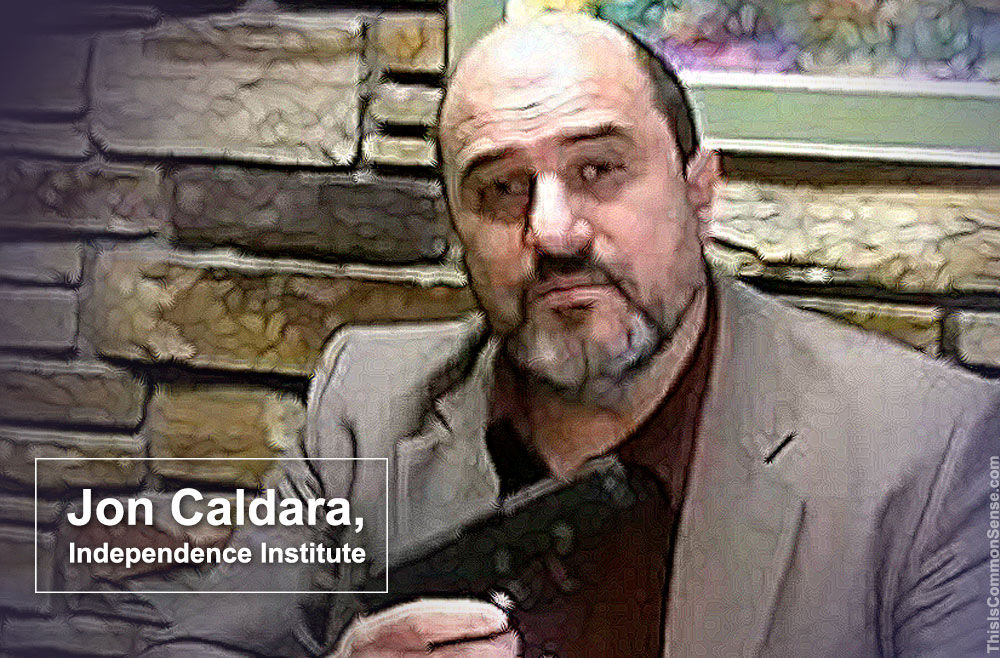Civil asset forfeiture is one of those government practices that good people, when informed of it, often express, at first, incredulity. How can something like that exist in these United States?!?
Good question.
One reason seems to be that very incredulity. Normal Americans trust their government not to be evil. When shown that it regularly engages in actual highway robbery, then denial — ‘this cannot be happening.’
But it is.
Another reason it exists? It is so profitable.
For those in government, anyway. They get to fill their department coffers without having to ask for tax hikes. They — and by ‘they’ I mean ‘the police’ and government attorneys at state and local levels — just take the wealth.
Indeed, police routinely “keep whatever they can grab off anybody they arrest, claiming it’s all proceeds or property connected to criminal activities,” writes Scott Shackford at Reason, “and using it to line their own pockets. This incentivizes police to look for people who have assets that can be seized.”
In South Carolina, Shackford reports, police agencies “across the state had seized more than $17 million in assets across three years. In one-fifth of the cases, nobody was charged or even arrested for a crime.”
Fortunately, there is good news. “Circuit Judge Steven H. John has ruled that the South Carolina’s civil asset forfeiture regulations violate the Fifth, Eighth, and Fourteenth Amendment rights of the citizens.”
Unfortunately, the fight against this evil practice is far from over.
But maybe the judge’s ruling will inspire citizens to petition their government and place politicians’ greed into check.
And might not this judge inspire other judges around the country?
This is Common Sense. I’m Paul Jacob.

—
See all recent commentary
(simplified and organized)










